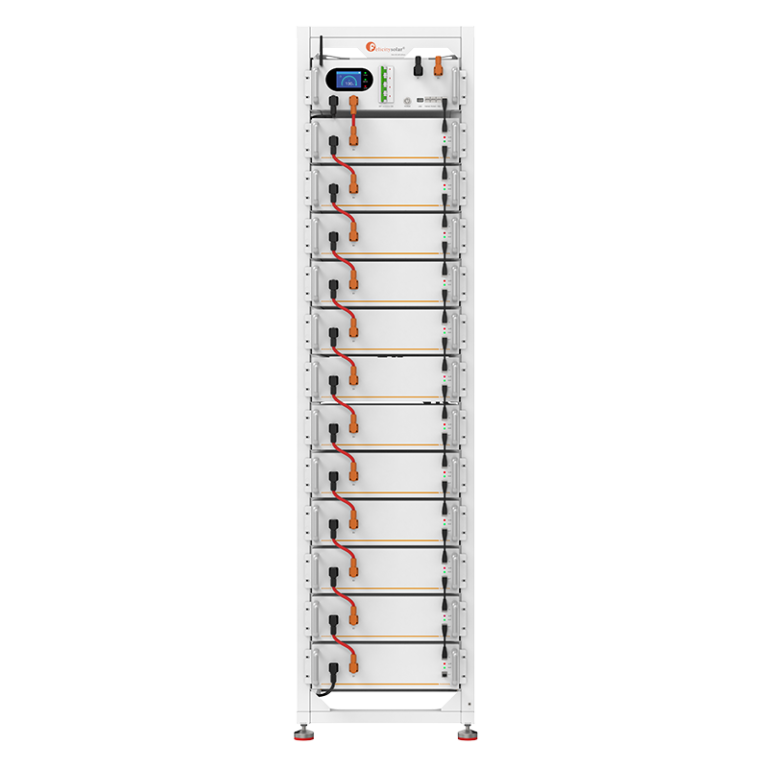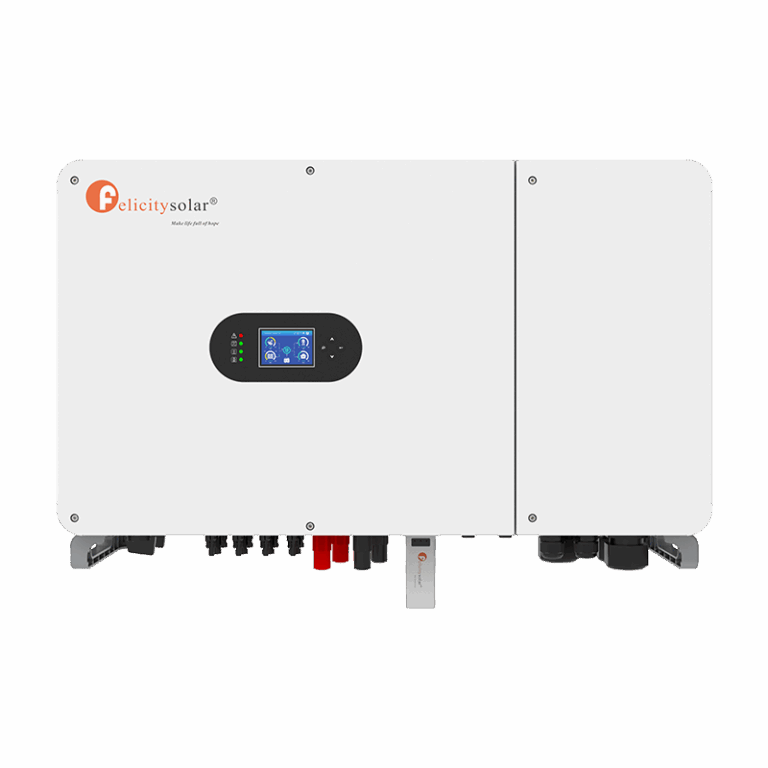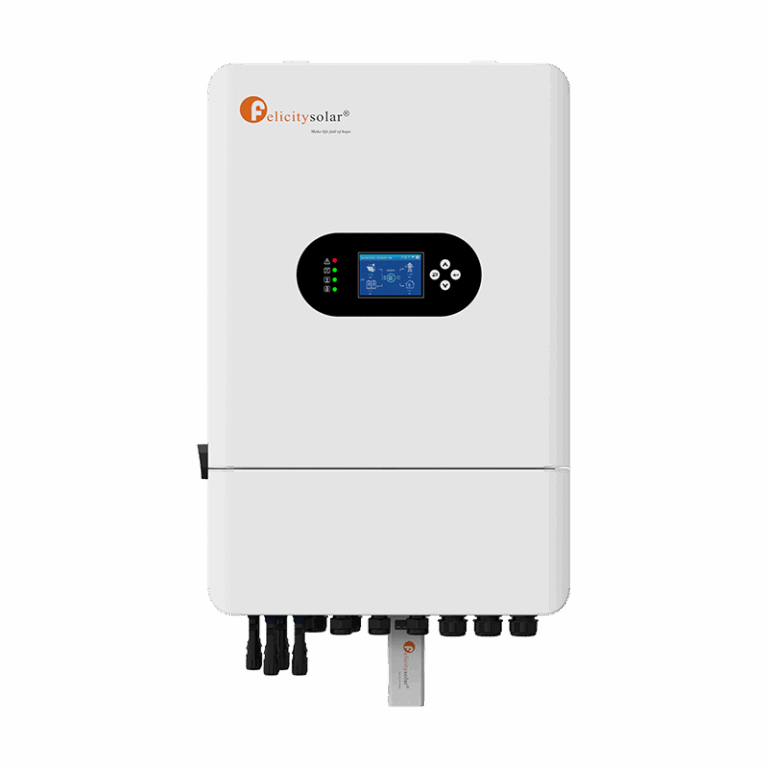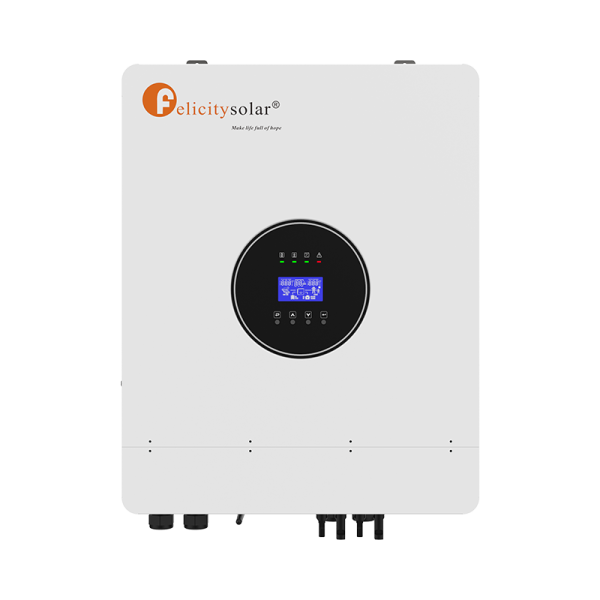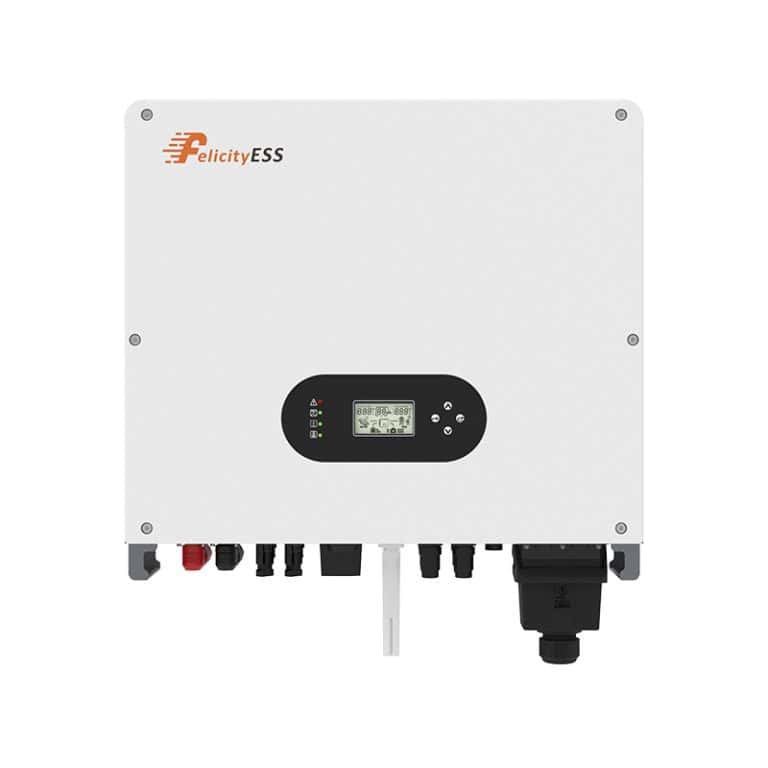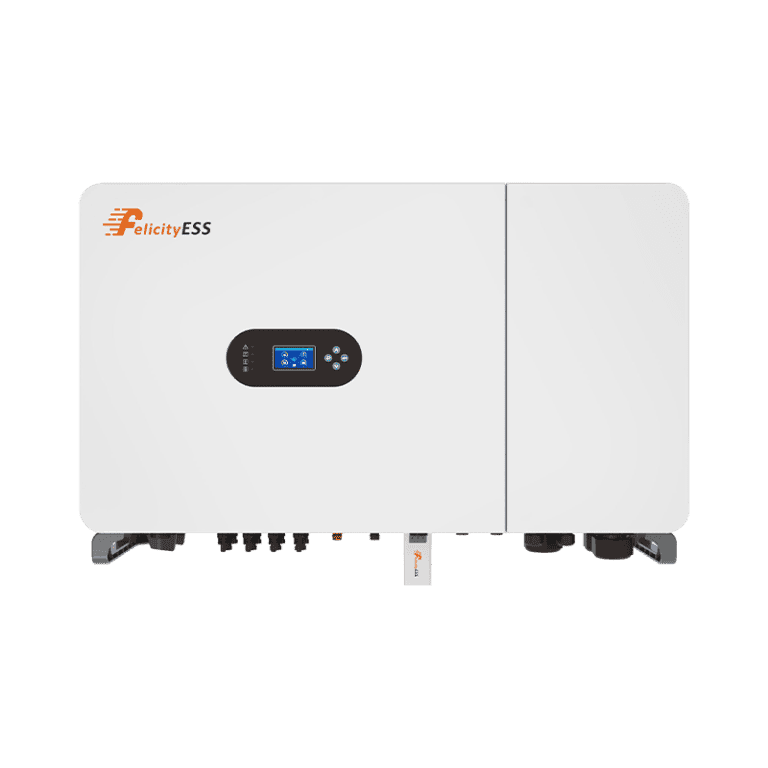Astăzi, bateriile solare au devenit o componentă critică a sistemelor de energie solară, deoarece stochează energia produsă de panouri solare și o permit să fie utilizată atunci când apare nevoia. Există diferite tipuri de baterii solare. Printre ele se numără baterii nichel-cadmiu, plumb-acid și ioni de litiu. Fiecare dintre aceste tipuri are o durată de viață unică și caracteristici distincte. În ceea ce urmează, discutăm durata de viață a bateriei solare cu ioni de litiu și factorii care afectează această durată de viață.
Durata de viață a bateriei de litiu
În timp ce bateriile cu plumb-acid și nichel-cadmiu au o durată de viață medie de 5-10 ani, respectiv 10-15 ani, Durata de viață a bateriei de litiu este de aproximativ 15-20 de ani. Variația depinde de calitatea bateriei și de compania de producție. În afară de durata de viață relativ ridicată, bateriile solare cu ioni de litiu au o rată de auto-descărcare scăzută și o densitate ridicată a energiei.
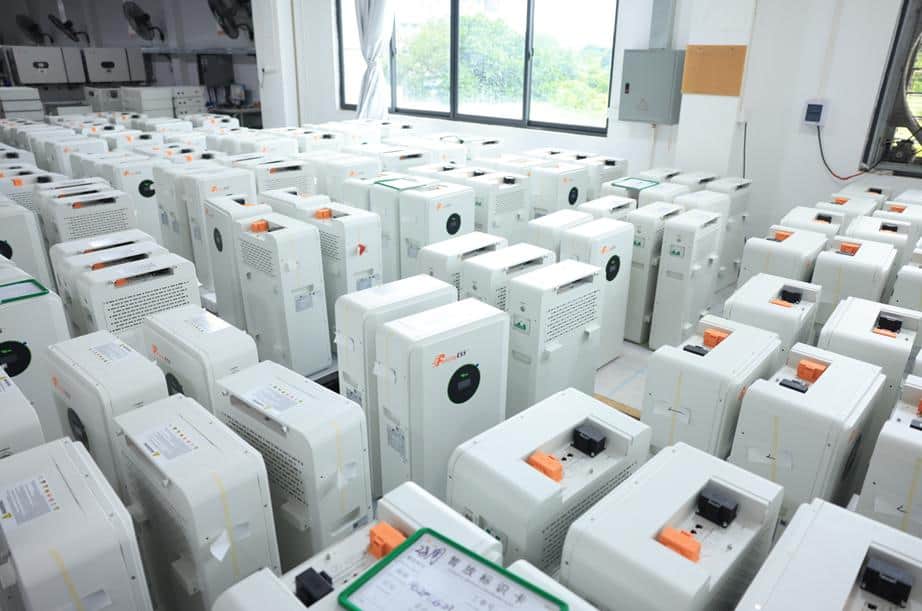
Factori care afectează durata de viață a bateriei de litiu
Este imperativ să înțelegem factorii care afectează Durata de viață a bateriei de litiu Pentru a obține cea mai mare valoare din investiția dvs.
Temperatură
Un factor notabil care poate afecta durata de viață a unor astfel de baterii este temperatura. Performanța bateriilor solare cu ioni de litiu este afectată negativ de temperaturi extreme. Temperaturile extrem de ridicate pot crește semnificativ rata de reacții chimice în cadrul bateriei, ceea ce duce la evaporarea electroliților. Temperaturile extrem de scăzute, pe de altă parte, reduc rata de reacție chimică, afectând negativ capacitatea și durata de viață a bateriei.
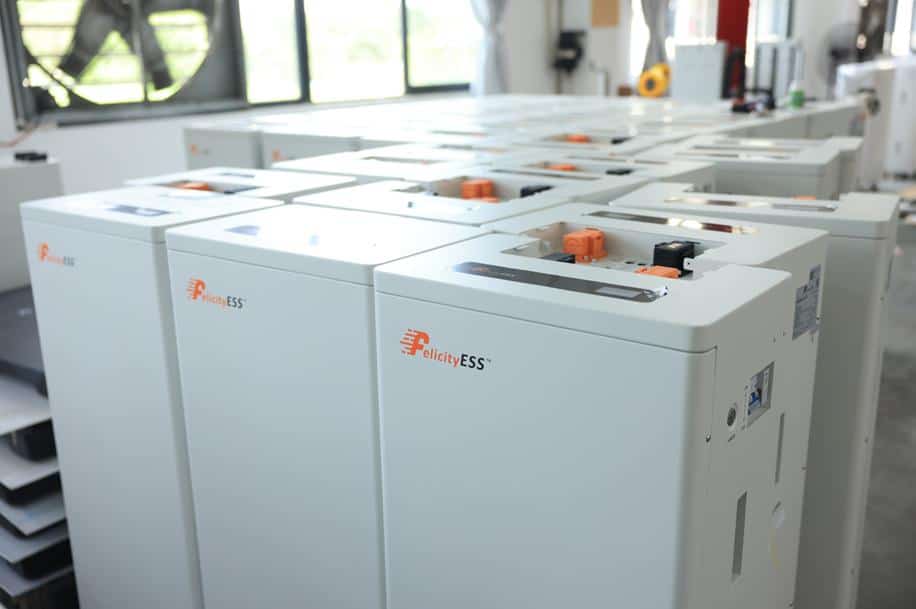
Rata de încărcare și descărcare
Durata de viață a bateriei de litiu poate fi, de asemenea, afectată de rata de încărcare și descărcare. Încărcarea și descărcarea bateriilor de litiu într -un ritm ridicat poate crește rezistența internă și poate genera căldură, reducând potențial durata de viață a bateriei. Acesta este motivul pentru care, la Felicity Ess, vă încurajăm cu tărie să utilizați un încărcător compatibil care să vă încarce bateria la ritmul recomandat. Pachetul nostru Lux-Y-48100HG01 15.3KWH 51.2 este compatibil cu majoritatea brandurilor de invertor de top, asigurând astfel un risc mai mic de rezistență internă redusă.
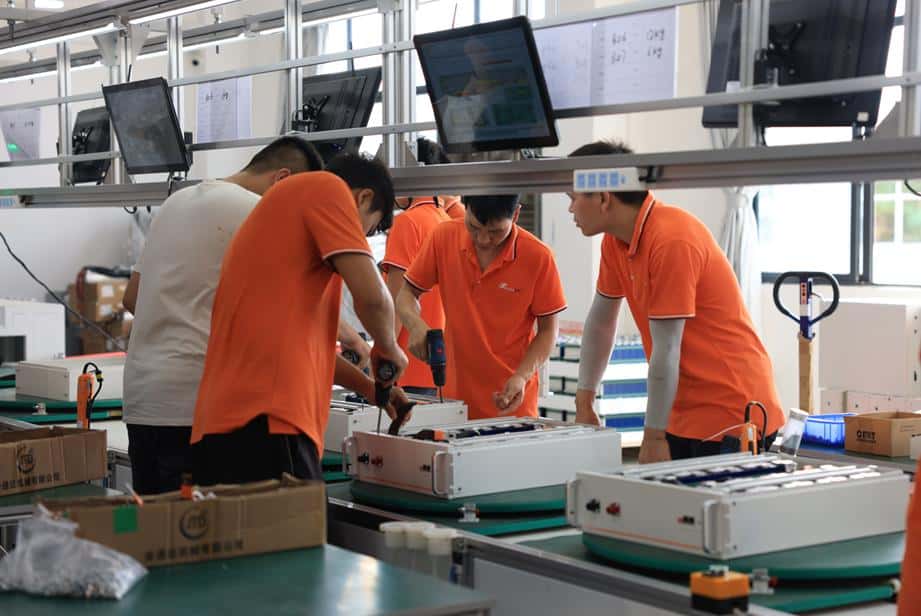
Calitatea bateriei
Durata de viață a bateriei de litiu poate fi determinată în continuare de calitatea bateriei în sine. Bateriile slab făcute, ieftine au o durată de viață mai scurtă și sunt predispuse la eșec. Acest lucru face esențial să investești într -o baterie de litiu de la un producător de renume. Acest lucru vă va asigura că obțineți un produs de înaltă calitate, cu o durată de viață mai lungă și o performanță generală mai bună. Bateriile noastre solare cu ioni de litiu au măsuri de protecție impecabile, cum ar fi sistemul de gestionare a bateriilor inteligente încorporate, (BMS) o siguranță și un întreruptor pentru a proteja împotriva riscurilor potențiale și a promova performanța optimă a bateriei. De exemplu, Lux-X-48100LG01 5.12KWH 51.2 Tensiunea este un pachet de baterii cu ioni cu ioni litiu ultra-durabil, care folosește tehnologia LifePO4, care este binecunoscută pentru extinderea ciclului de viață a bateriei.
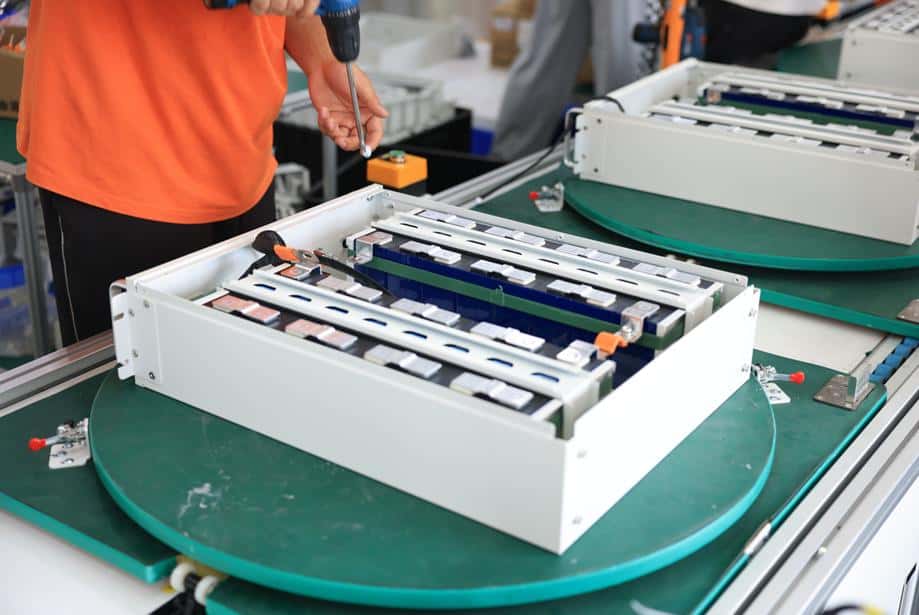
Concluzie
Durata de viață a bateriei cu litiu, deși relativ mai mare decât durata de viață a altor baterii solare, variază în funcție de temperatură, rata de încărcare și descărcare și o calitate mai bună. La Felicity ESS, sistemul nostru de gestionare a bateriei se asigură că produsele noastre oferă protecție multiplă, oferind protecție completă împotriva temperaturilor extreme, scurtcircuitului, supracurentului, supradescărcării și supraîncărcării. Oferim soluții personalizate, sub formă de soluții solare rezidențiale, în special soluții de baterii cu litiu de rezervă pentru locuințe. Acceptăm, de asemenea, vânzări cu ridicata la scară largă pentru produsele noastre. Achiziționarea de baterii solare litiu-ion este o investiție. Pentru a vă asigura că profitați la maximum de investiția dumneavoastră, asigurați-vă că nu faceți compromisuri în ceea ce privește durata de viață a bateriilor dumneavoastră.



